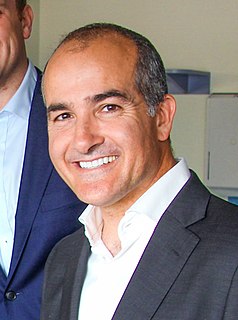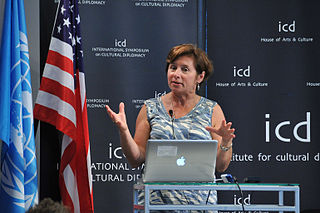A Quote by Bob Myers
How do you build a successful organization or culture? It's the people. The people part, in business and basketball, is huge.
Quote Topics
Related Quotes
Talking about improving the culture, I prefer to say "develop" or "evolve" rather than "change". If I walk into a room and say: "we are here to change the organization," it sends shock waves through the group. If I say: "your success to date has come from who you are, to be successful in the future, we need to get to X, let's talk about how we evolve the organization to that point," that is a very different statement. Successful organizational "change" must come from the people. So, recruit them with common purpose, recognize that it will take time, and plow forward.
To me it seems pretty obvious that it would be simple to build a business around helping people achieve autonomy, a feeling of competence and relatedness. In fact, every web company that has been successful thusfar has their business build solidly on one or all of these. And I believe that as people discover that these things are within their reach, they will gravitate more and more towards companies that offer tools to helping them achieve happiness.
Fortunately or unfortunately, the one predictable thing in any organization is the crisis. That always comes. That's when you do depend on the leader: The job of the leader is to build an organization that is battle-ready, that has high morale, that knows how to behave, that trusts itself, and where people trust one another.
Confidence is not just in people's heads; it comes from the culture of the organization. It's easier to expect success when working in an organization that has a culture of accountability, collaboration, and initiative. Without this, it's easier - and more self-protective - to assume failure so the person is not disappointed and instead pleasantly surprised.
































